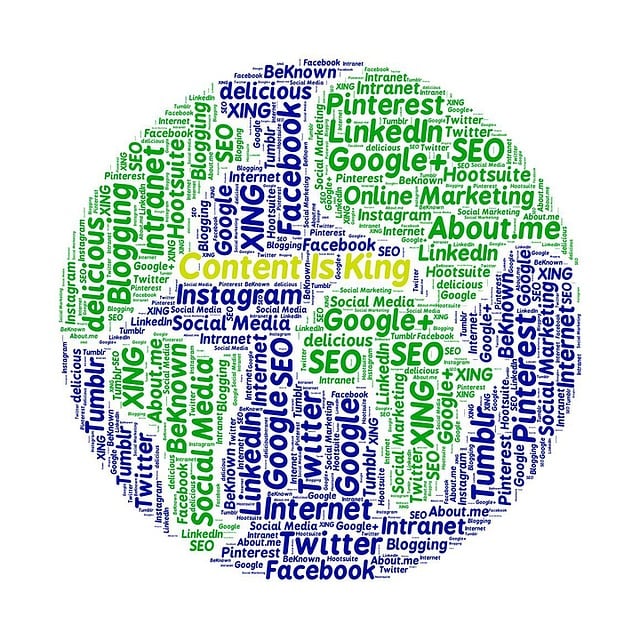AI agent integration revolutionizes healthcare by automating routine tasks, enhancing patient experiences through personalized care and 24/7 access, and optimizing workflows for medical professionals. In retail, AI assistants improve customer interactions with targeted promotions and instant issue resolution, streamlining operations and boosting sales growth. Manufacturing benefits from automated workflows, predictive analytics, and real-time decision making, leading to increased productivity, reduced costs, higher output, improved quality, and enhanced profitability.
“Uncover inspiring real-life examples of how AI agent integration is reshaping industries. From healthcare, where AI agents streamline patient care, to retail, where they deliver personalized shopping experiences, and manufacturing, where intelligent automation boosts efficiency, this article explores successful case studies. Discover how these innovations not only enhance operations but also improve user experiences, marking a new era in various sectors through effective ai agent integration.”
- Healthcare: AI Agents Streamline Patient Care
- Retail: Personalized Shopping Experiences Powered by AI
- Manufacturing: Enhancing Efficiency with Intelligent Automation
Healthcare: AI Agents Streamline Patient Care

In the healthcare sector, the successful integration of AI agents has led to a significant transformation in patient care. These intelligent systems are designed to assist medical professionals by handling routine tasks, such as scheduling appointments and managing patient records, thereby freeing up valuable time for doctors and nurses to focus on complex diagnoses and patient interactions. For instance, AI chatbots powered by natural language processing can engage with patients, gather initial health information, and provide preliminary assessments, triaging cases where immediate attention is required.
The benefits extend beyond efficiency; AI agents enhance patient experiences through personalized care. They can offer 24/7 availability for basic healthcare queries, ensuring patients receive timely advice and support. Moreover, chatbot automation in hospitals has been linked to improved patient satisfaction rates due to the convenience and accessibility it provides. This shift towards AI agent integration in healthcare exemplifies how technology can revolutionize patient-centric services while optimizing operational workflows through ai sales and chatbot automation solutions.
Retail: Personalized Shopping Experiences Powered by AI

In the retail sector, AI agent integration has transformed the way businesses interact with their customers, paving the way for personalized shopping experiences. Chatbot automation and AI assistants have become integral parts of many e-commerce platforms, offering customers instant support and tailored recommendations. These intelligent agents leverage vast customer data to anticipate preferences, enabling stores to deliver targeted promotions and product suggestions that resonate with individual shoppers.
By implementing AI in retail, businesses can streamline operations, enhance customer satisfaction, and drive sales growth. Ecommerce automation powered by AI assistants ensures that routine inquiries are handled swiftly, freeing up human agents to focus on more complex tasks. This integration allows for 24/7 availability, instant issue resolution, and a seamless shopping journey that caters to the unique needs of each customer.
Manufacturing: Enhancing Efficiency with Intelligent Automation

In the manufacturing sector, the integration of AI agents has sparked a revolution, transforming traditional processes into efficient, intelligent workflows. By implementing AI, manufacturers can optimize their operations and gain significant advantages in today’s competitive market. These advanced systems are designed to automate repetitive tasks, analyze vast amounts of data, and make real-time decisions, thereby increasing productivity and reducing costs. For instance, an AI agent can be utilized to manage inventory levels, predicting demand patterns and automatically triggering production processes, which ensures a seamless supply chain.
The introduction of AI automation in manufacturing creates a streamlined ai funnel, where various tasks are efficiently handled by intelligent agents. From predictive maintenance, where machines’ health is monitored to prevent breakdowns, to quality control using computer vision, AI enhances every step of the production line. As a result, manufacturers can achieve higher output, improved product quality, and reduced waste, ultimately leading to increased profitability and customer satisfaction.
Real-life case studies demonstrate that integrating AI agents into various sectors can significantly enhance operational efficiency and improve user experiences. From streamlining patient care in healthcare to revolutionizing personalized shopping in retail, and enhancing manufacturing processes through intelligent automation, AI agent integration is a proven game-changer. As the technology continues to evolve, its potential to transform industries and everyday life remains vast, promising a future where AI agents play an integral role in optimizing tasks and enriching human experiences.
